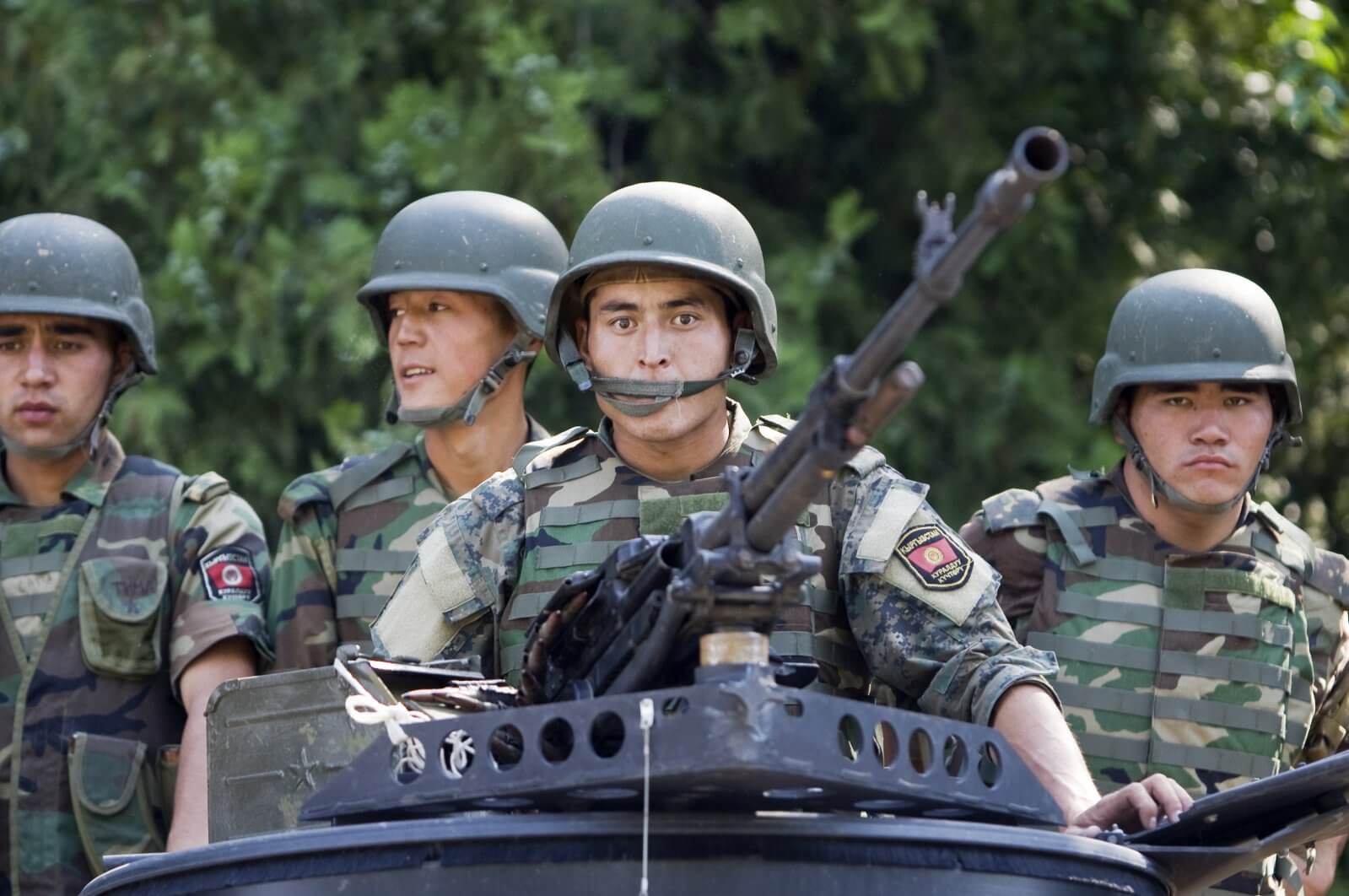On Saturday, Kyrgyzstan and Tajikistan agreed to pull back troops after a ceasefire was reached between both sides following violent clashes along a section of the disputed border. The confrontations, which were among the deadliest in recent decades, resulted in at least 49 deaths and over a hundred injuries.
A joint statement released by both sides expressed their “desire and readiness to resolve all issues through negotiation.” As a result, the countries came to an agreement “to begin a mutual withdrawal of all types of troops and military equipment from the border territories of Tajikistan and the Kyrgyz Republic” while ensuring “the unhindered movement of citizens.” They also agreed to create working groups to ensure that the ceasefire agreement is implemented. In this regard, Kyrgyz President Sadyr Japarov held a telephone conversation with his Tajik counterpart Emomali Rahmon in a bid to defuse tensions.
The clashes between local residents took place along the Kyrgyz-Tajik border near Batken on Wednesday. Kyrgyz police blamed Tajik citizens for escalating the violence, which included gunfire, while Tajikistan’s Border Guard Service rejected the claims and said that Kyrgyz military personnel were the first to shoot when they opened fire at Tajik border units near the Golovnoi water distribution centre. However, RFE/RL reported that the initial cause of the fighting was the installation of surveillance equipment at the water centre by Tajik forces. Both sides claim ownership of the facility which is located in an area where sovereignty has not yet been clearly defined.
Russia also played a crucial role in ending the standoff between both sides. Russian foreign ministry spokesperson Maria Zakharova said on Friday that Moscow was following “with concern” the escalation of tensions between Bishkek and Dushanbe. Tajik Foreign Minister (FM) Ruslan Kazakbayev also held a telephone conversation with his Russian counterpart, Sergey Lavrov, on Saturday. Both diplomats agreed that “the conflict that caused numerous casualties and wounded people from both sides needs to be settled only through political and diplomatic negotiations.” Russia has significant interests in the former Soviet Republics, both of which host Russian military bases.
United Nations Regional Center for Preventive Diplomacy for Central Asia (UNRCCA) chief Natalya Gherman said that the “UN Secretary-General is closely following the developments on the border between Tajikistan and Kyrgyzstan and is pleased with the proclamation of the ceasefire.” She also said the UN was ready to assist both sides to resolve the issue peacefully.
Kyrgyzstan and Tajikistan, along with Uzbekistan, have been fighting over claims regarding the borders, especially the fertile Fergana Valley, since gaining independence from the Soviet Union in 1991. Last month, the governors of the adjoining provinces in the Fergana Valley from the three countries met for the first time since independence to discuss the various outstanding issues and find a lasting solution to the conflict. However, the resumption of clashes could undermine efforts from all sides.
Kyrgyz, Tajik Officials Agree on Troop Pullback Following Deadly Border Clashes
The clashes, which were some of the deadliest in recent decades, resulted in at least 49 deaths and over a hundred injuries.
May 3, 2021

SOURCE: AFP
